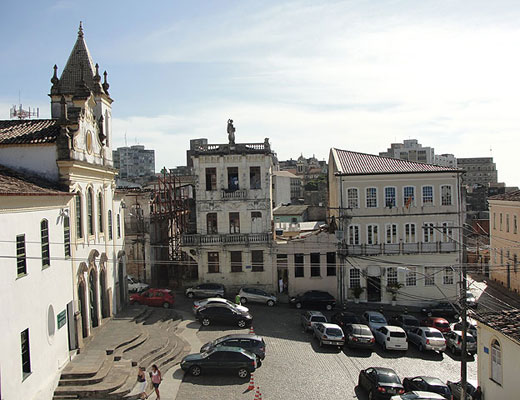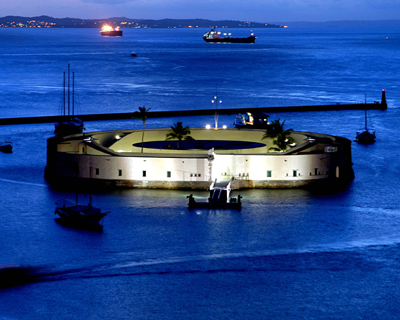Translated form the original article in Portuguese
POSTED ON 14/04/14 – 3:00 a.m.
Asian team is led by Portuguese coach Carlos Queiroz; in 2010 he coached Portugal
After three tries and three falls in the first phase of the competition, Iran hopes to do differently in 2014. To compete in the World Cup in Brazil, the Asian team includes coach who speaks Portuguese. Carlos Queiroz is born in Portugal and experiencing his second World Cup, although already he qualified three teams for the tournament.
After qualifying for the 2002 World Cup in South Korea and Japan as the head coach of South Africa , he was fired just before the tournament because of a dispute. With Portugal in 2010, Queiroz was eliminated in the quarter-finals to the eventual winners Spain. Now, the coach knows that the mission with Iran will not be easy.
“Iran will not be going sightseeing, we will play our games with great competence, class and passion.” Carlos Queiroz
Many would have complained of having Argentina in the same group, except for the Portuguese coach, who celebrated the fact that his players will face major players. Winning against Bosnia-Hezergóvina and Nigeria is possible and therefore Iran will engage.
“For us it is fantastic, wonderful. We came to play with the best in the world and we are together with Argentina, we could not ask for more? We will fight to qualify for the second round. Will it be easy? Not very difficult, but it is in our hands to work to play competently and worthy matches, “said Queiroz.
Iran team has the will & the commitment, although Iran will have a hard time overcoming the other two group opponents. Especially for not having so many players playing in international football, as has Bosnia and Nigeria.
In 1998 the only victory of Iran in the World Cup occurred against the United States, a great political enemy, what the history wants now, is to get a chance to rank with the quarter-final in the last round. Facing Bosnia, June 25, in Salvador, and chance of ranking is everything you’d expect the Iranian people to dream of.




